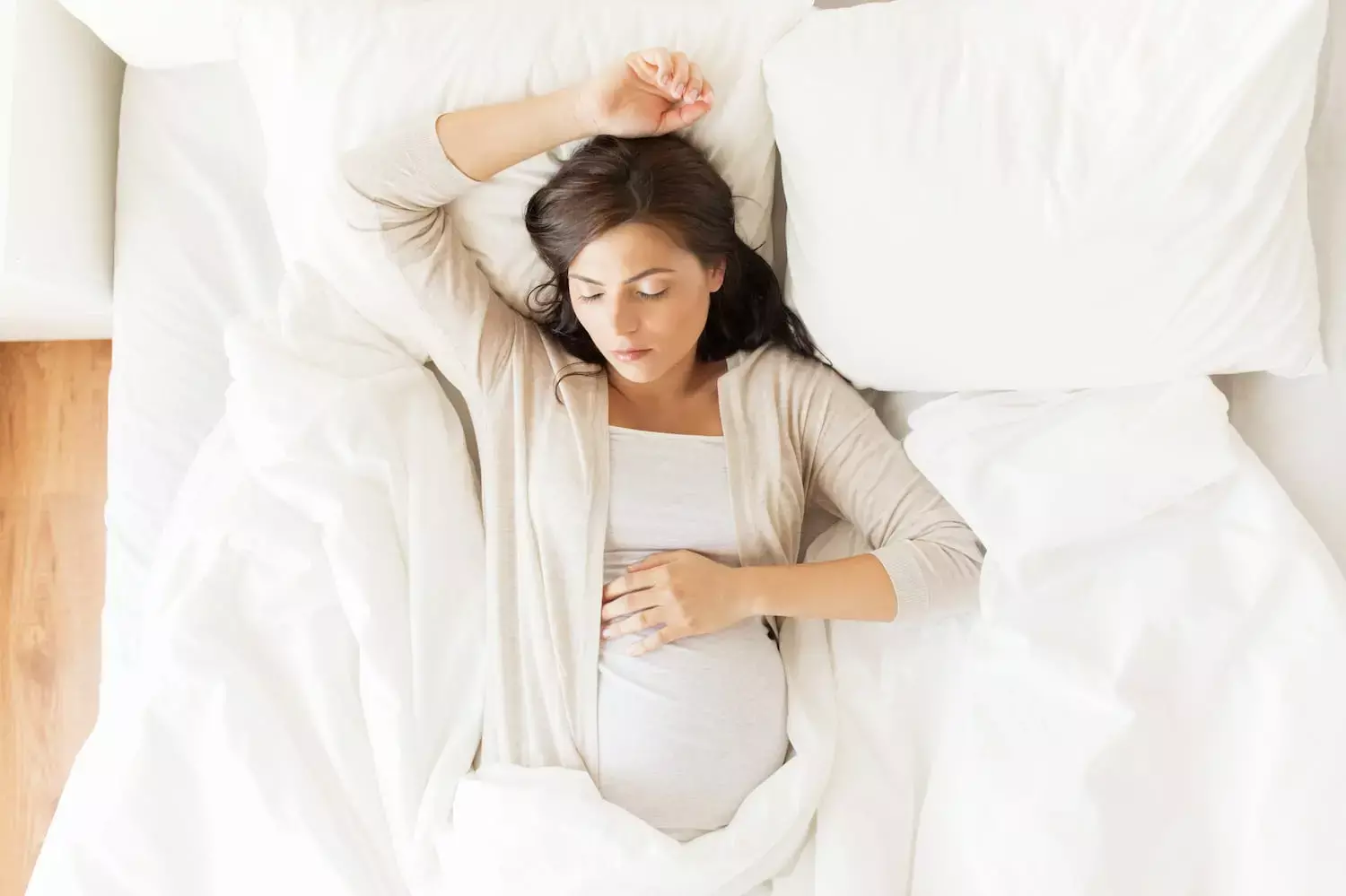- Home
- Medical news & Guidelines
- Anesthesiology
- Cardiology and CTVS
- Critical Care
- Dentistry
- Dermatology
- Diabetes and Endocrinology
- ENT
- Gastroenterology
- Medicine
- Nephrology
- Neurology
- Obstretics-Gynaecology
- Oncology
- Ophthalmology
- Orthopaedics
- Pediatrics-Neonatology
- Psychiatry
- Pulmonology
- Radiology
- Surgery
- Urology
- Laboratory Medicine
- Diet
- Nursing
- Paramedical
- Physiotherapy
- Health news
- Fact Check
- Bone Health Fact Check
- Brain Health Fact Check
- Cancer Related Fact Check
- Child Care Fact Check
- Dental and oral health fact check
- Diabetes and metabolic health fact check
- Diet and Nutrition Fact Check
- Eye and ENT Care Fact Check
- Fitness fact check
- Gut health fact check
- Heart health fact check
- Kidney health fact check
- Medical education fact check
- Men's health fact check
- Respiratory fact check
- Skin and hair care fact check
- Vaccine and Immunization fact check
- Women's health fact check
- AYUSH
- State News
- Andaman and Nicobar Islands
- Andhra Pradesh
- Arunachal Pradesh
- Assam
- Bihar
- Chandigarh
- Chattisgarh
- Dadra and Nagar Haveli
- Daman and Diu
- Delhi
- Goa
- Gujarat
- Haryana
- Himachal Pradesh
- Jammu & Kashmir
- Jharkhand
- Karnataka
- Kerala
- Ladakh
- Lakshadweep
- Madhya Pradesh
- Maharashtra
- Manipur
- Meghalaya
- Mizoram
- Nagaland
- Odisha
- Puducherry
- Punjab
- Rajasthan
- Sikkim
- Tamil Nadu
- Telangana
- Tripura
- Uttar Pradesh
- Uttrakhand
- West Bengal
- Medical Education
- Industry
Prolonged Prenatal maternal sleep decreases episodes of postpartum depression: Study

First time mothers with longer sleep time during pregnancy are less likely to report high levels of anxiety and depression in the postpartum period, suggests a study published in the Journal of Sleep Research.
Postpartum emotional distress is very common, with 10%-20% of postpartum women reporting depressive or anxiety disorders. Sleep is a modifiable risk factor for emotional distress that has a pivotal role in postpartum adjustment.
A group of researchers from Israel conducted a study aimed to examine whether sleep duration and quality during pregnancy predict trajectories of emotional distress in the postpartum period.
Participants were 215 women that were assessed from the third trimester of pregnancy to 18-months postpartum. At all five time points (third trimester, 3-, 6-, 12-, and 18-months postpartum), measures of sleep duration and quality (measured by wake time after sleep onset; WASO) were derived from both actigraphy and diary-based measures. Repeated measures of depression and anxiety symptoms were collected using self-report measures.
The results of the study are as follows:
· Four bivariate postpartum depression and anxiety growth trajectories, including (a) high comorbidity (5.4%); (b) moderate comorbidity (19.4%); (c) low anxiety and decreasing depression symptomology (18.6%); and (d) low symptomology (56.6%).
· Multinomial logistic regression analyses showed that mothers with shorter sleep durations during pregnancy were more likely to belong to the high comorbidity or moderate symptoms classes compared to the low symptomology class.
· In addition, mothers with higher WASO (i.e. lower sleep quality) at 3-months postpartum were more likely to belong to the moderate class compared to the low symptomology class.
· Higher diary-based wake after sleep onset (ie. lower sleep quality) at 3 months post-partum predicted more moderate anxiety and depression symptoms compared to low symptomology.
Thus, the researchers concluded that prenatal mothers with extended sleep time during pregnancy were not associated with high levels of anxiety and depression in the postpartum period. So, given the potential negative implications of disrupted sleep in the perinatal period, the present study may inform future intervention studies that target sleep problems during pregnancy.
Reference:
Prenatal maternal sleep and trajectories of postpartum depression and anxiety symptoms by Sela N et. al published in the Journal of Sleep Research.
DOI: 10.1111/jsr.13258
Dr. Shravani Dali has completed her BDS from Pravara institute of medical sciences, loni. Following which she extensively worked in the healthcare sector for 2+ years. She has been actively involved in writing blogs in field of health and wellness. Currently she is pursuing her Masters of public health-health administration from Tata institute of social sciences. She can be contacted at editorial@medicaldialogues.in.
Dr Kamal Kant Kohli-MBBS, DTCD- a chest specialist with more than 30 years of practice and a flair for writing clinical articles, Dr Kamal Kant Kohli joined Medical Dialogues as a Chief Editor of Medical News. Besides writing articles, as an editor, he proofreads and verifies all the medical content published on Medical Dialogues including those coming from journals, studies,medical conferences,guidelines etc. Email: drkohli@medicaldialogues.in. Contact no. 011-43720751


